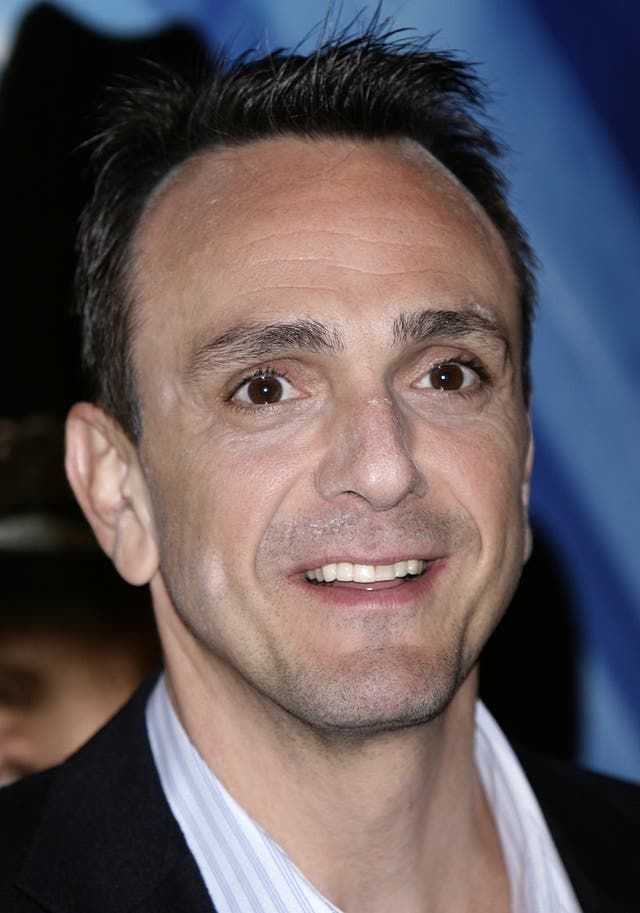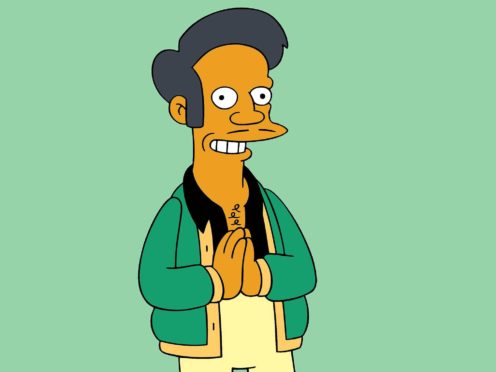The Simpsons’ Apu Nahasapeemapetilon could be written out of the show, a producer has claimed, after a row over the character’s depiction of Indians.
But how do Indian people feel about the cartoon’s longstanding convenience store owner?
Defenders says Apu is only one of many stereotypes on the show, and some even claim he helped them connect with people from other cultures.
But others say his characterisation of South East Asians is badly outdated and has emboldened those seeking to mock and belittle their communities.
“I think its time for Apu to be written out of the Simpsons,” Neena Tamber, 23, told the Press Association.
“I understand that the Simpsons plays up to stereotypes with their characters, but there isn’t a large amount of representation on TV of Indian people, and what there is represents something similar to Apu,” she said.
The offender caseworker, from Cheshire, said her family has experienced prejudice for being Indian due to Apu.
“I tweeted that I was offended by the character and people responded with ‘Thank you, come again’,” said Neena, referencing the shopkeeper’s catchphrase.
“I want people to realise things that were perhaps more accepted when they began can be changed and considered as inappropriate now.
“Just because my parents’ generation may not have had a platform or felt that they couldn’t express their dislike of these stereotypes, it doesn’t mean it wasn’t there.”

Apu has been a regular fixture on the Simpsons since 1990, but social media has been awash with debate about the role since Indian comedian Hari Kondabolu’s documentary, The Problem With Apu, last year.
In the wake of the debate, Netflix producer Adi Shankar – who had been attempting to create a new story for Apu with the help of crowdsourcing – told Indiewire that the show plans to “drop the character altogether”, citing “multiple sources” in the production team.
The Simpsons’ Al Jean responded by tweeting Shankar “does not speak for our show”.
Adi Shankar is not a producer on the Simpsons. I wish him the very best but he does not speak for our show.
— Al Jean (@AlJean) October 28, 2018
Among those expressing their dismay at the prospect of Apu’s departure was Kondabolu, who tweeted: “There are so many ways to make Apu work without getting rid of him. If true, this sucks.”
Agreed. There are so many ways to make Apu work without getting rid of him. If true, this sucks. https://t.co/czBDIvaTV0
— Hari Kondabolu (@harikondabolu) October 26, 2018
Others of Indian heritage, such as 26-year-old Chris, believe Apu should not be forced out of the show.
“Even though he is a stereotype, the other characters are shown to regard him as part of their community,” said the student, who is based in Sydney, Australia.
“If you want to nitpick faults as such in Apu, pretty much every single character in Simpsons is susceptible.
“I can remember Groundskeeper Willie, Dr Nick, Cletus Spuckler etc, who all bore negative stereotypes.”
They can’t write Apu off the Simpsons. As an Indian, I honestly loved watching him. He’s not a stereotype at all: he’s a hardworking man with a business. Can’t hate on that.
— DeLaSpaceghost (@Burgundxyz) October 28, 2018
Chris said he did experience racism at school, but never saw references to Apu as derogatory.
“Although I can never forget the negative remarks, I always felt the people who made such remarks did so because of the poor schooling they have received,” he said.
“Initially, kids did not know how to react to us and obviously Apu was used as a benchmark by some students on how to respond to the ‘aliens’ in their school.”
He claimed that the character helped “my friends to understand my background and empathise with me in certain situations”.
“You can almost say Apu helped me make friends in a new environment,” he added.
Fellow student Megan Gakhreja has a different view.
“Whenever peers at school would find out that my father is from India they thought speaking in this cartoonish accent was OK because ‘that’s how Indian people speak’,” said the 19-year-old, from San Diego, California.
“It is beyond disrespectful to me and my people.”
Apu is voiced by white actor Hank Azaria, who has said he is willing to step aside from the role in the wake of the debate.

“It is a manifestation of hegemony and white privilege, which is unfair and anti-equality,” said 33-year-old Prashant Bhatia. “Instead of race-baiting, they could have introduced a second-generation Indian-American character who is voiced by Indian actors.
“They could have included an Indian-origin writer.”
The masters graduate, from Melbourne, said he has been mocked by people who told him he looked and sounded like Apu.
“I was also told ‘Oh, do you have a large extended family … just like that character in the Simpsons? That is so typical’,” he said.
“Apu portrays the way Americans perceive Indians. How inaccurate and racist their perception was.”
Chris added: “The Simpsons is a light-hearted comedy with a message, and that is how it should be taken.
“I would say, rather than scrapping the character altogether, the Simpsons can use a few episodes where they show the Springfield community in the process of enculturation.
“However, it is the creators’ discretion what they see is right because, at the end of the day, they need their audience to be on their side.”
